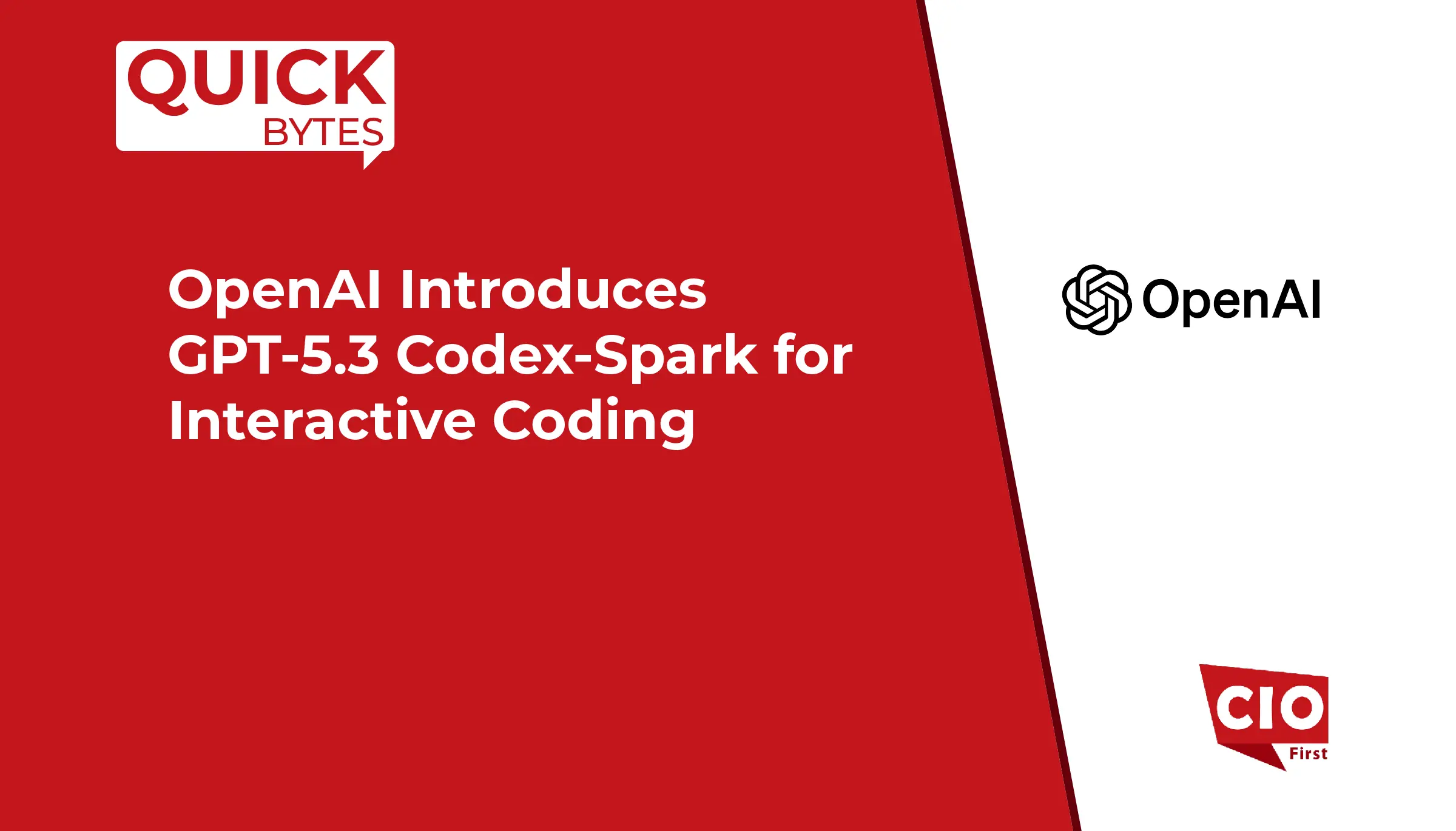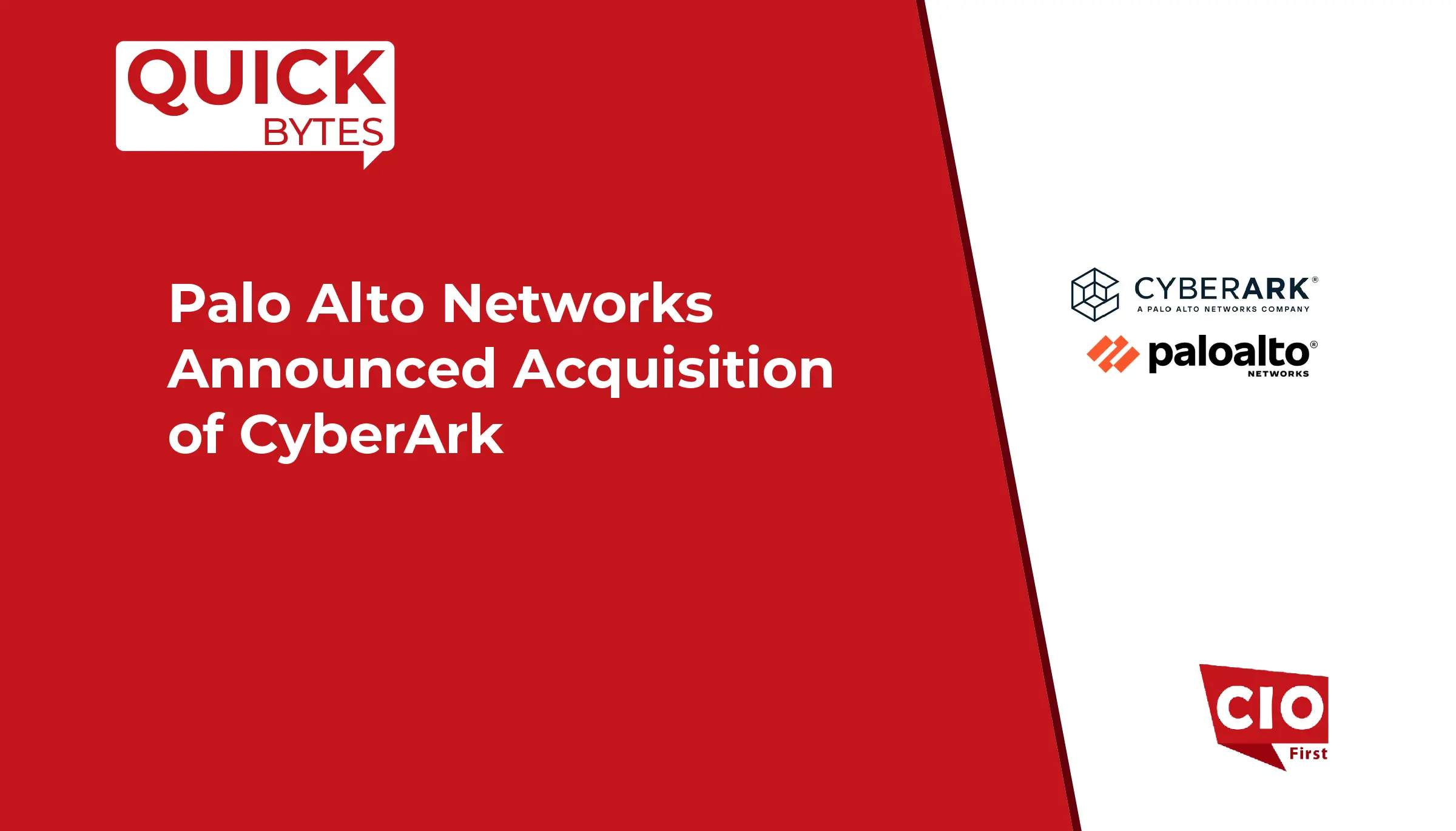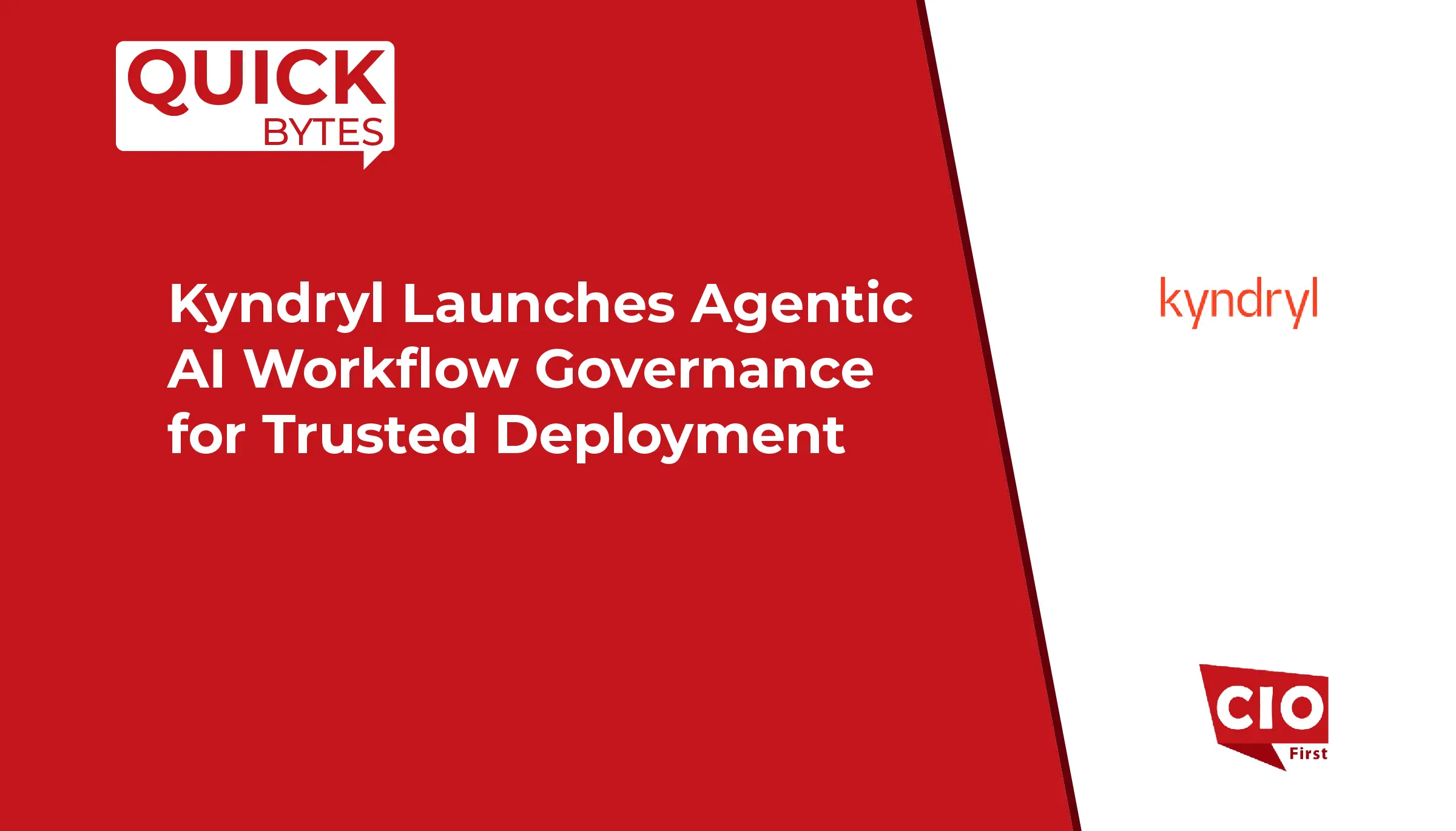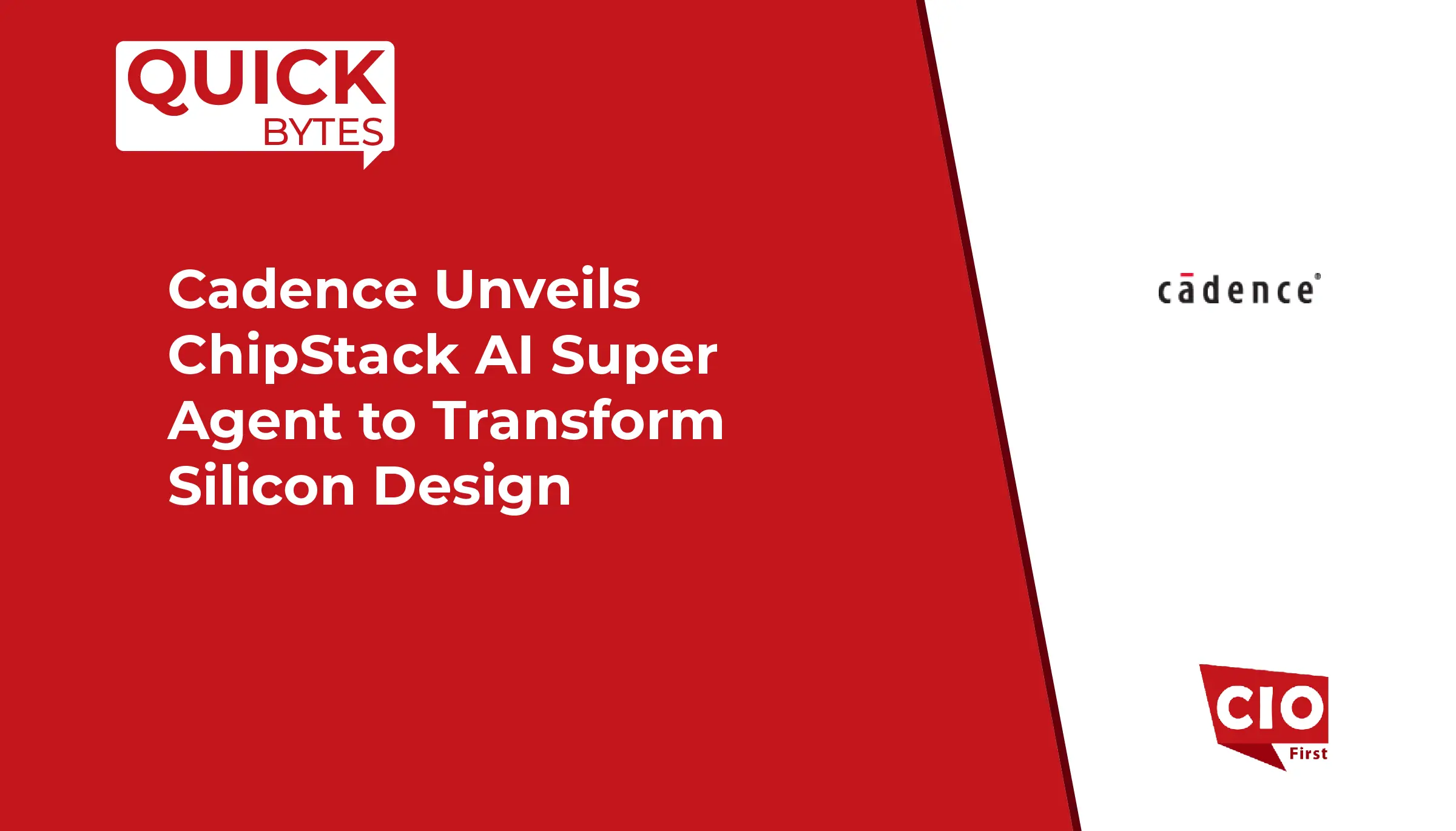Dremio, the unified lakehouse platform for self-service analytics and AI, announced support for the Apache Iceberg REST Catalog Specification, further underscoring the company’s commitment to promoting customer choice and emphasizing the importance of a strong, vendor-agnostic ecosystem. The Iceberg REST Catalog Specification is the agreed upon foundation for metadata accessibility across Iceberg catalogs. With this new capability, Dremio is able to seamlessly read from, and write to, any REST-compatible Iceberg catalog, and provide customers with the open, flexible ecosystem needed for enterprise interoperability at scale.
Lakehouses create a new open architecture for analytics by completely separating metadata from compute and storage, and externalizing transactional semantics. By using open-source file and table formats like Apache Parquet and Apache Iceberg, users retain control over their data, especially when tables are stored in their own object storage accounts. They can then extend these open principles to their metadata with a disaggregated open catalog like Project Nessie, which allows them to process their tables data using any compatible engine and take advantage of transactional semantics.
This news emphasizes Dremio’s focus on fostering an open community around Apache Iceberg, the open standard for data lakehouse tables. According to a commissioned survey of 500 data professionals, almost a third of organizations (31%) have already selected Apache Iceberg, and it has the highest planned adoption over the next three years.
“Customers have long desired control over their data, which has been limited by companies using proprietary formats and tables. Dremio was created with the mission of making data accessible and has always championed openness and customer empowerment,” said Sendur Sellakumar, CEO of Dremio. “Apache Iceberg, combined with the REST Catalog Specification and open source catalogs such as Project Nessie, provides a thriving ecosystem for the industry with the low cost that customers want.”
In contrast to closed systems that lock customers into proprietary ecosystems, Dremio’s unified lakehouse platform gives customers ownership over their storage, data, and metadata. Dremio empowers organizations to construct and expand their data solutions unrestricted by vendor constraints. Automatic scaling, advanced query acceleration, and intelligent workload management continue to provide the flexibility needed to meet diverse user demands and strict performance SLAs.
SOURCE: GlobeNewsWire

























